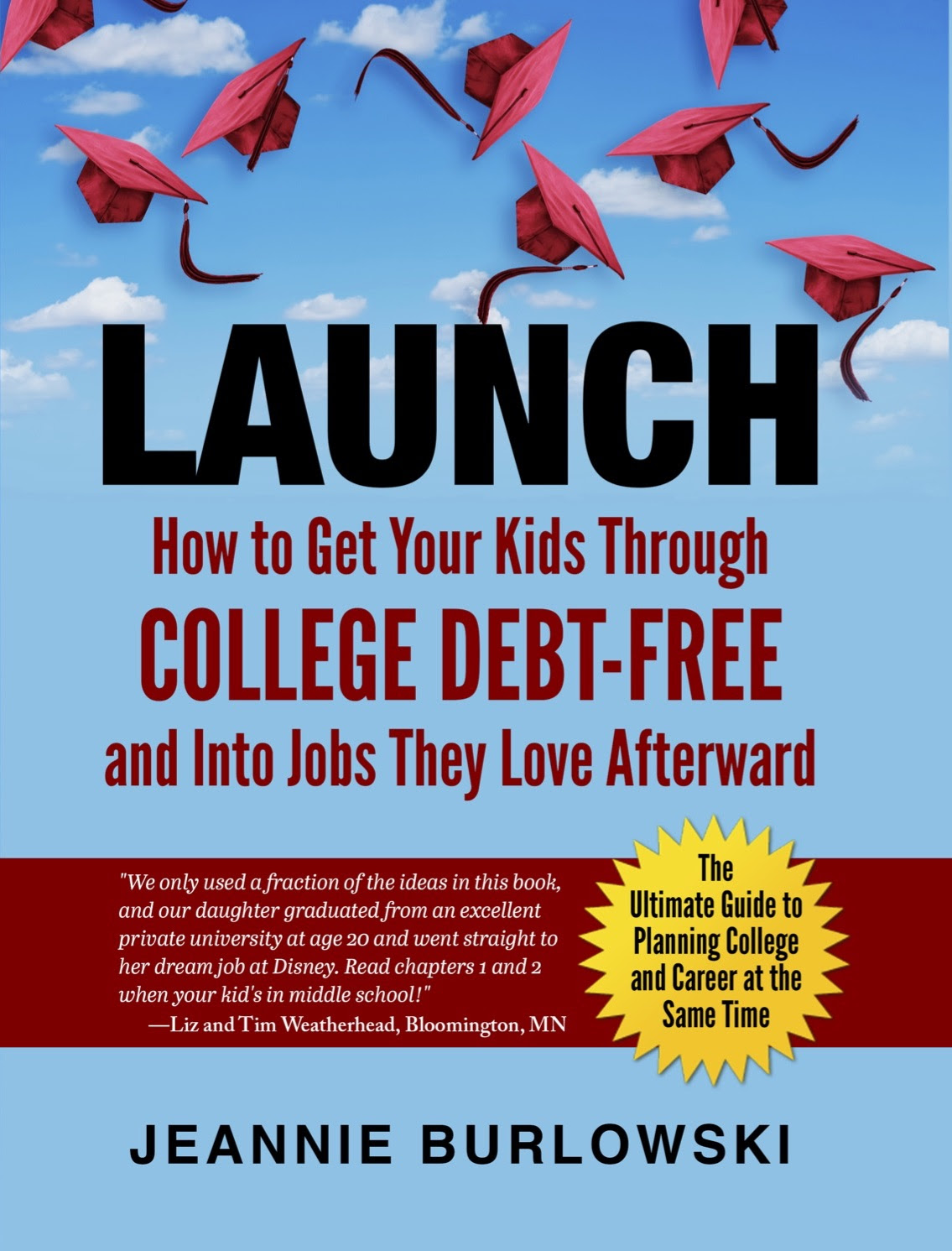What do you do if your teen does something really bad?
It could be assault, theft, getting caught with drugs—or 100 other things. What do you do?

Your most effective response when your teen does something really bad—is to respond with empathy.
Soften your face and voice, and express care and kindness. Speak tenderly, with genuine sadness that this is now a part of your child’s story, and will have to be dealt with.
This doesn’t mean the child will get away with what she’s done—not by a long shot. What it does mean is that your first concern is for this child’s current and future emotional, physical, and mental well-being.
A kind, gentle, empathetic response like this (both immediately when the situation is discovered and in the months afterward) can sometimes turn a very bad situation around so it never happens again.
When your teen does something really bad, consider doing what this mother did.
When she discovered drugs in her son’s car, she felt stunned shock and fear.
After taking the time needed to calm herself, she remembered, “I have the superpower of empathy. I can pull it out and use it at any time. I really need it now.”
Once she was calm, she softened her face and voice, and spoke to her son with care and kindness. With tenderness, and with genuine sadness that family rules (established long before the boy ever got behind the wheel in the first place) meant that this boy would not have a car to drive for months and months.
Then, recognizing that relationship is the antidote to addiction according to Psychology Today, she told her son, “I’ll tell you what. I’m going to help you get your car back sooner than you expect. Instead of you losing car privileges for four months, I’m going to ask you to put in 60 days where you spend 2 hours per day with me, doing something fun. Once you’ve done that on 60 separate days, you can have another chance with the car.”
The son reacted with rage, yelling that time spent having fun with his mom would be the worst, most inhumane punishment ever. However, in the months and years afterward, he did turn out OK. He got his driving privileges back, he had no same or similar offenses afterward, and he went on to get great grades in college, prestigious internships, and an excellent-fit job after college graduation.
When your teen does something really bad, remember—tender, kind relationship and connection with you just might turn the whole situation around.
If the situation is very bad, you might have to actually call the police, of course—but even in that dire circumstance, empathy and kindness from you are most likely to save the future.
If your teen does something really bad and you need immediate support, access this resource:
Anyone of any age can text 741741 to text with a crisis counselor for free. This might be the time you need to do that.
Also, this inspiring quote might help.
Katie Hurley, licensed clinical social worker, says this:
“People don’t change their behavior when other people yell at them, shame them, or send them away to be alone. People change their behavior when they feel heard, understood, and loved. Growth and change require connection and compassion.”
Related articles by Jeannie Burlowski:
Are You Crying Over One of Your Kids?
Teens In Crisis Can Text For Help
Why Your Kid Shouldn’t Take a Car to College
Prepare now for your son or daughter to do really well in life, despite bumps in the road along the way.
Get your copy of my book:
Important—> It’s a reference book, so nobody reads the whole thing cover to cover. Pick out what you need to read in it using the fast-paced, 10-minute video instructions here.
You can see hundreds of reviews of this book on Amazon by going to:
Read just one chapter of LAUNCH every 1–3 months while your child’s in middle school and high school, and you’ll know every viable strategy for debt-free college at exactly the right time to implement it.
And if your child’s already well past middle school? That’s OK; you can run to catch up. But the process of getting your kids through college debt-free goes more smoothly the earlier you start it—especially if you’re not planning to save up any money to pay for college.
Let's you and I walk together toward the goal of debt-free college for your kids.
We can accomplish this no matter your current income level—even if your kids never get a single scholarship.
Your first step is getting regularly scheduled, free helpful articles from me—right in your email inbox. Quick, sign up here.
Do you have very specific questions for me about debt-free college and career for your kids?
My TRIBE Members get the most direct access to me—while feeling good that the pennies per day they spend on the TRIBE help me bring debt-free college strategy to families who could never afford to pay for it. Join my TRIBE Membership waiting list here.
Who is Jeannie Burlowski?
Jeannie is a full-time academic strategist, podcast host, and sought-after speaker for students ages 12–26, their parents, and the professionals who serve them. Her writing, speaking, and podcasting help parents set their kids up to graduate college debt-free, ready to jump directly into careers they excel at and love. Her work has been featured in publications such as The Huffington Post, USA Today, Parents Magazine, and US News & World Report, as well as on CBS News.
Jeannie also helps students apply to law, medical, business, and grad school at her website GetIntoMedSchool.com. You can follow her on Bluesky @jburlowski.bsky.social.
No part of this article was written using AI.


